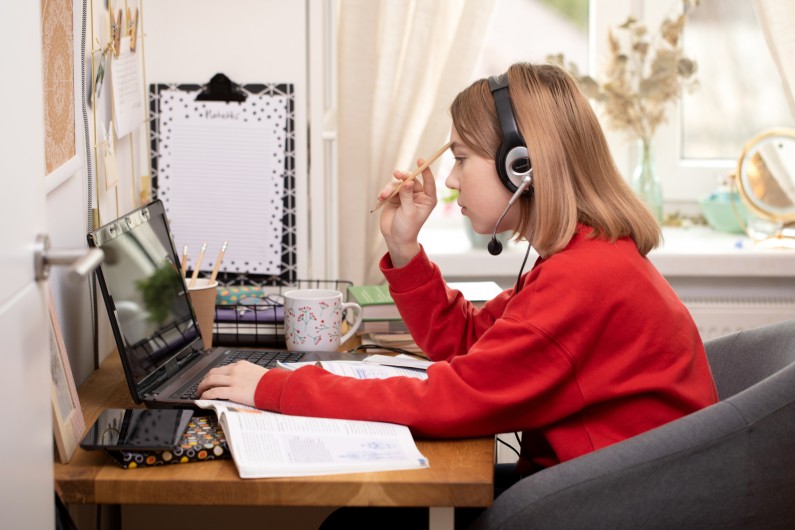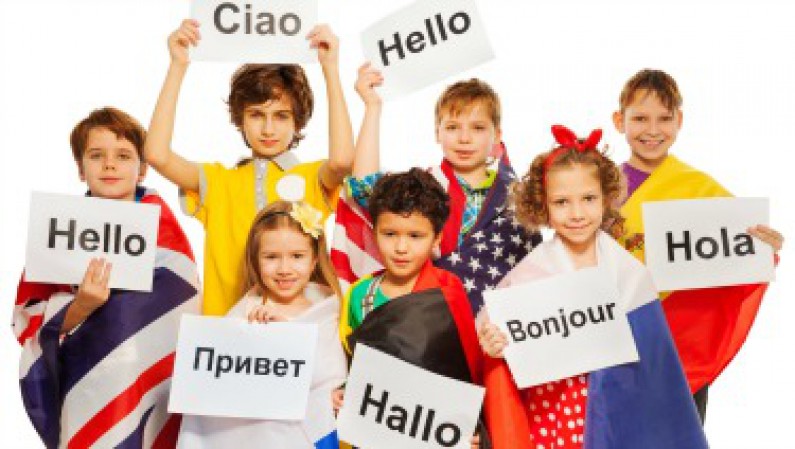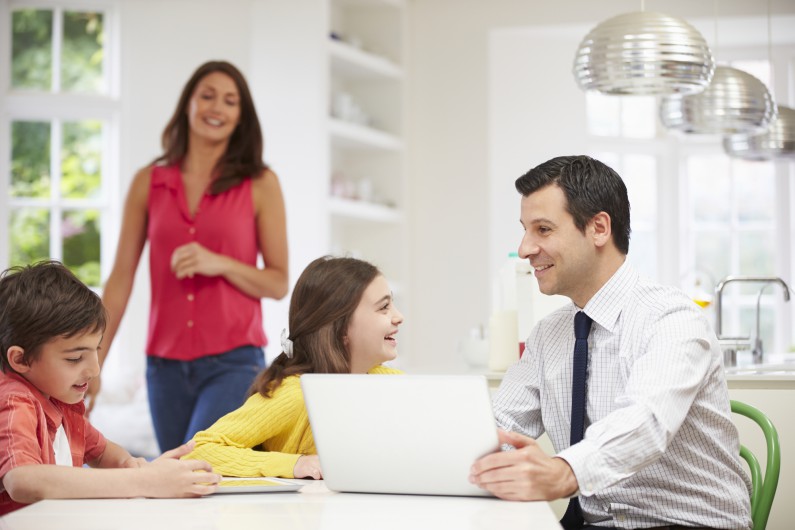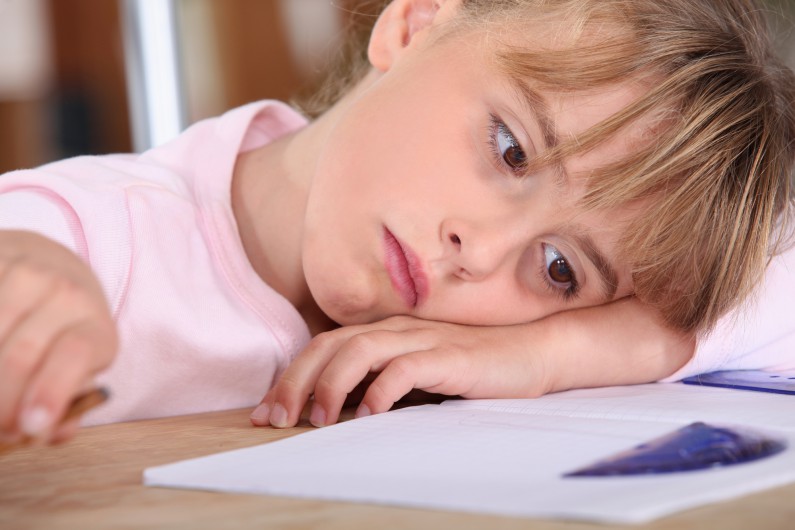Building positive study habits outside of the classroom
Has your child’s schooling become mainly online, amidst the coronavirus outbreak? Well, if they have, you certainly aren’t alone.

Has your child’s schooling become mainly online, amidst the coronavirus outbreak? Well, if they have, you certainly aren’t alone.

Most of the world’s population is bilingual or multilingual. In 2006, just over half of the people in Europe could speak more than one language and in Luxembourg it’s almost 99%. Back in 2001, the Associated Press reported that two-thirds of the world’s children are raised bilingual; since then most measures of bilingualism around the globe have been steadily rising.

Achieving academically depends on a wide range of factors. There’s a lot more to it than simply putting in hour after hour of homework and revision, and there’s certainly more to be gained from school than high test results. To help your child to acquire the knowledge and skills to do well in life, it’s best to consider their mental health, physical health and motivating interests.

Smartphones, computers, streaming TV, smart speakers and other internet connected devices are very much a part of today’s homes. So how do you maximise their benefits and minimise potential harm?

Children can feel anxious for all sorts of reasons and sometimes for no reason at all. If they don’t understand what‘s happening, it can be a frightening experience. The very thought of becoming anxious can be enough to trigger anxiety. Assuming there’s no real underlying danger, such as bullying, here are some tips from mental health experts to help your child take control.